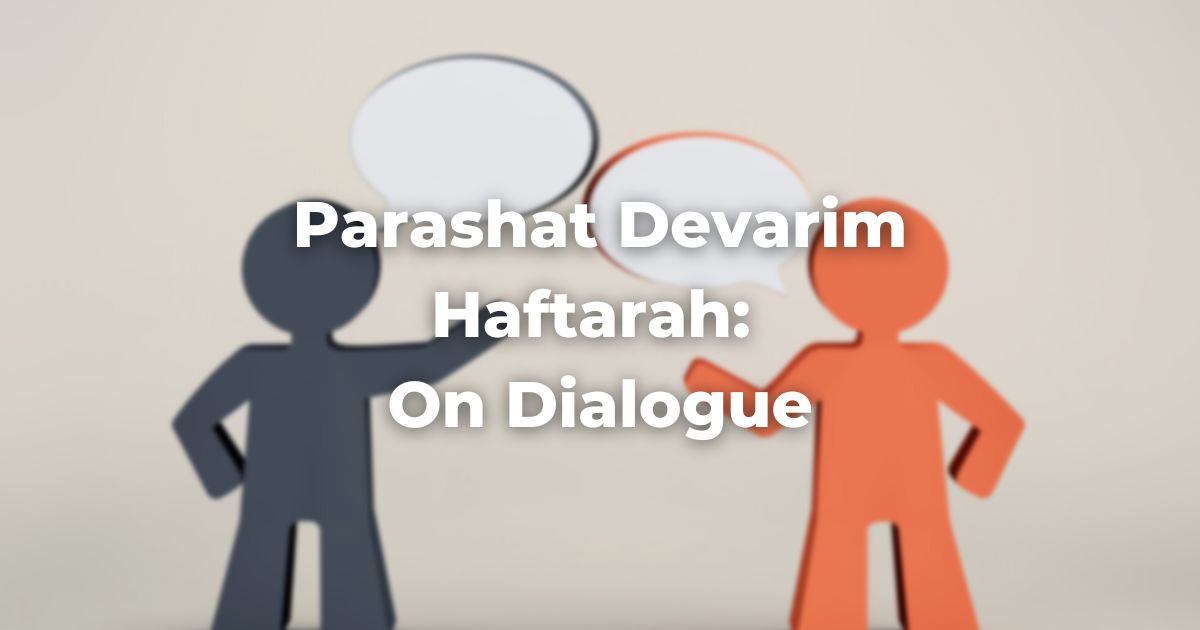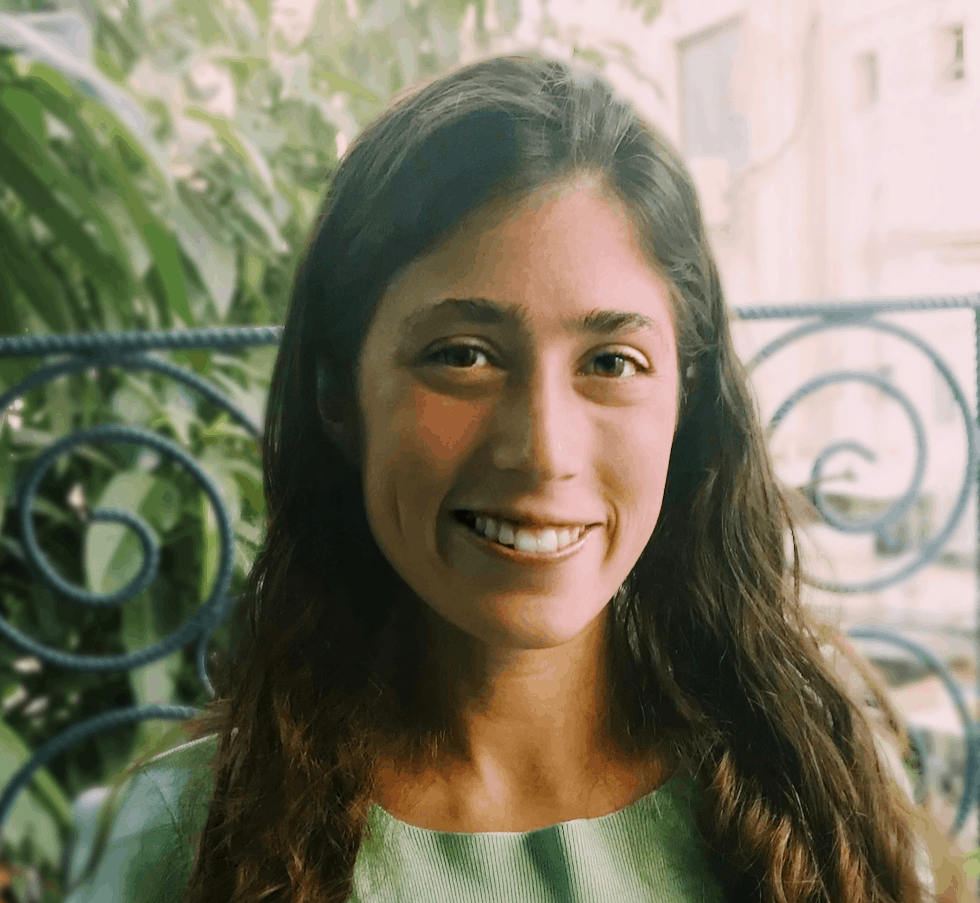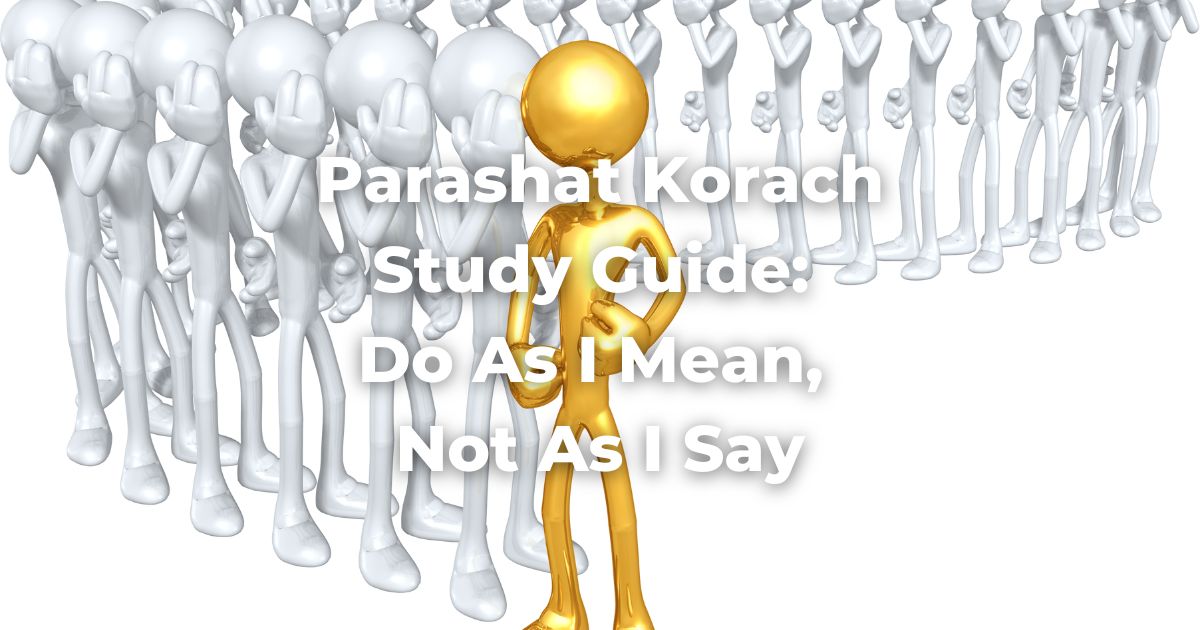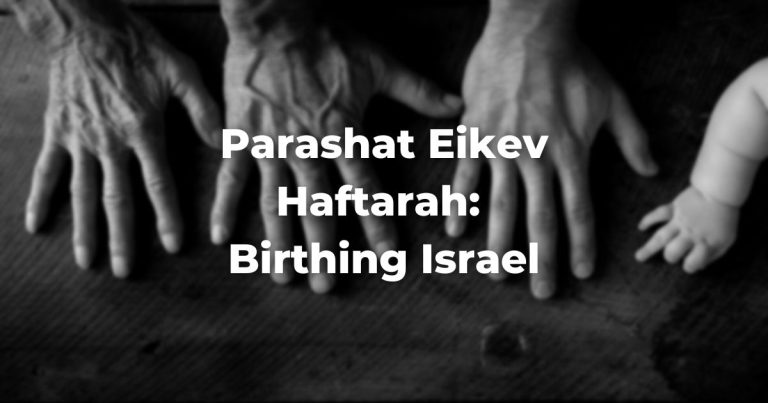On Tisha b’Av we will read the Book of Lamentations. We will follow the speaker of the book on his journey from journalistic remove to empathy.
The Journey We Are On
What begins for him and for us as a tragedy that happened to someone else some time else becomes a tragedy which we live through together, lifting ourselves back up out of it.
This journey happens because the speaker is not alone.
He encounters the object of his description, Lady Jerusalem. He describes the city so vividly that she pops off the page and speaks for herself, discovering her own voice. With that voice, she moves the speaker, bringing him, and through him, us, to understand and identify with her point of view.
It is so effective that by the third chapter, the speaker describes himself as having witnessed and lived through Jerusalem’s suffering: “I am the man who has seen affliction under the rod of His wrath (Eicha 3:1).”
In the subsequent and final two chapters of Lamentations, a new voice emerges, a first-person plural. The speaker, Lady Jerusalem, and we, the readers, have joined together, adding strength to each other as we reinforce each other’s pleas.
On Dialogue Overlapping
This week’s haftarah is the final haftarah of the Three Weeks before Tisha b’Av.
The book opens with prophecies of doom and calls for change. Isaiah himself is speaking, occasionally quoting God. Much of the language he uses to rebuke us is going to be found later in Lamentations. We read of the exhortation to provide for widows and children in Isaiah; in Lamentations, that widow will become Lady Jerusalem and we will resort to eating our children. In Isaiah, we read of crimson sins which can be corrected to be white like snow, like sheep. In Lamentations, those same colors become the red of sun-parched starvation and the white of bone.
Here, in the Book of Isaiah, we also find an incidence of a first-person plural, a “we,” interrupting the speaker, Isaiah.
Isaiah has been accusing us, describing our failures, using the second person plural, the “you all.” He invokes Daughter Zion, accusing her, as well. He says, as translated by Robert Alter: “And the daughter of Zion remains like a hut in a vineyard, like a shed in a patch of greens, like a town besieged.”
It is then that we, the first-person plural, feel compelled to speak. We say, “Had not the LORD of Armies left us a scant remnant, we would be like Sodom. We would resemble Gomorrah.”
Entering into dialogue with Isaiah, we hope to make him reconsider, to soften his judgment.
We call upon him to celebrate what we have left rather than mourn what we have lost. But Isaiah ignores our plea and seizes upon the imagery we use. He responds, claiming that we actually are already as bad as Sodom and Gomorrah, saying, “Listen to the word of the LORD, O leaders of Sodom, give ear to our God’s teaching, O people of Gomorrah.”
We do not change his mind; we only harshen our punishment.
In Lamentations, we move the speaker to empathy. In Isaiah, we move the speaker to wrath. It is always a courageous choice to enter into dialogue. Let’s hope we do so wisely.
See more: Parashat Devarim
Originally posted as part of the Conservative Yeshiva at the Fuchsberg Jerusalem Center’s Torah Sparks. Support TorahRefers to the first five books of the Hebrew Bible, the Tanakh, also called the Five Books of Moses, Pentateuch or the Hebrew equivalent, Humash. This is also called the Written Torah. The term may also refer to teachings that expound on Jewish tradition. Read more learning from the Fuchsberg Jerusalem Center/Conservative Yeshiva for leaders and seekers around the world here.
Authors
-

Bex Stern Rosenblatt is the Conservative Yeshiva’s Faculty-in-Residence for the Mid-Atlantic Region of the United States, teaching Tanach, using the techniques of close-reading, theater, feminist readings, and traditional commentators. Bex also directs the CY’s recruitment efforts in North America. After finishing her B.A. in History and German at Williams College, Bex received a Fulbright Grant to Austria. She later earned an M.A. in TanakhAn acronym for the name of the Hebrew Bible: Torah, Neviim, and Ketuvim. Read more from Bar Ilan University and has also studied at the Conservative Yeshiva and Bina Jerusalem. Bex is the founder of HavrutaA study partner. A hevruta is more than just a ‘study buddy’ it is a serious and personal relationship between colleagues. Also spelled: Havruta Read more Tel Aviv, an organization that facilitates guided pair-learning of the Tanakh.
View all posts -



The Fuchsberg Jerusalem Center (FJC) is a home in the heart of Jerusalem where leaders and seekers can find an authentic place in Jewish tradition to call their own. FJC offers opportunities to study, pray and explore within an egalitarian and inclusive setting, creating multiple pathways for finding personal and communal meaning.
View all posts






